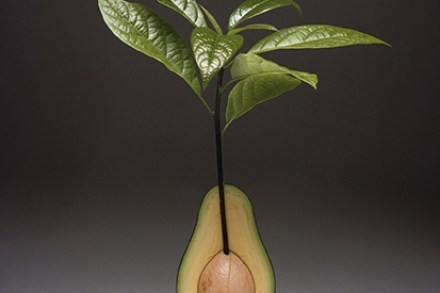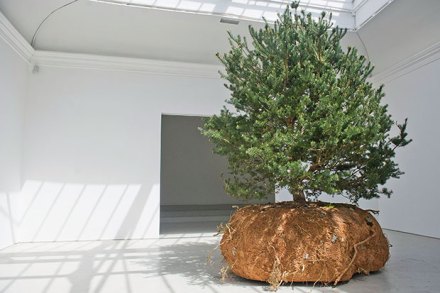Beyond the call of duty: the kindness of strangers is a pleasing mystery
When I applied to medical school, an experienced doctor offered me some advice: ‘Don’t give them reason to think you’re a “wounded healer”. They’re suspicious of that.’ The term is Carl Jung’s, by which he meant that personal difficulty is a powerful spur for joining a caring profession, but the results of such motivations are



















